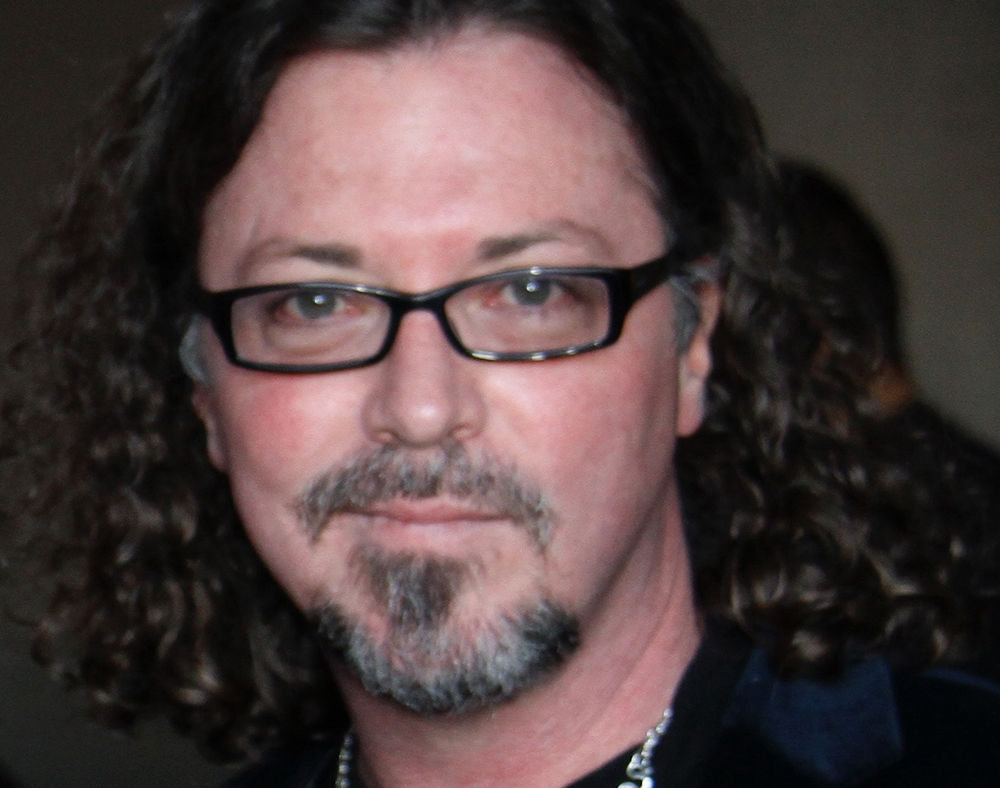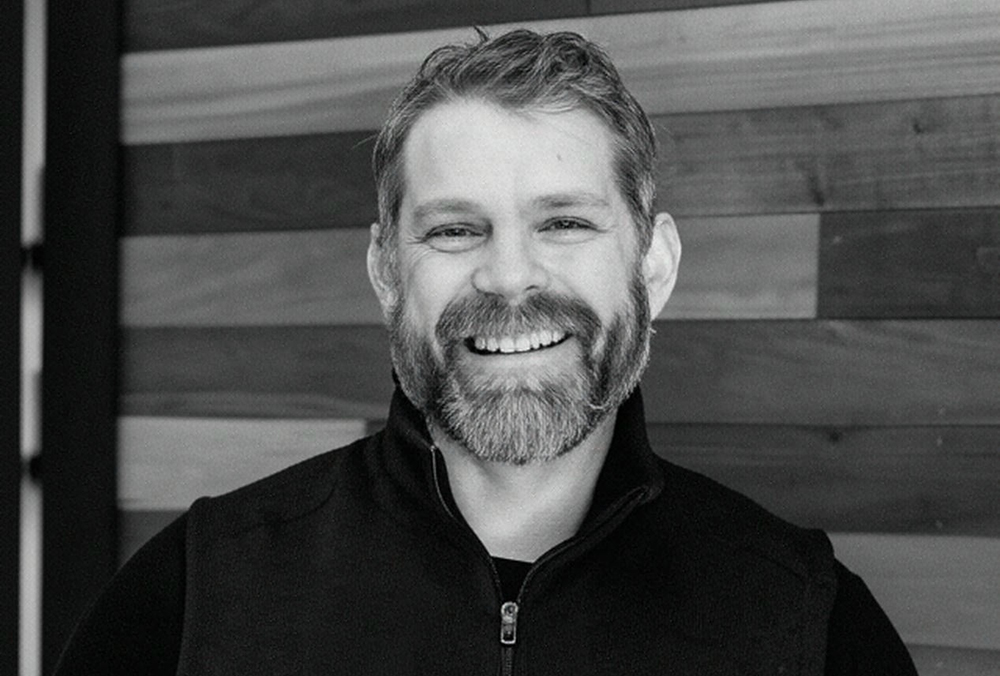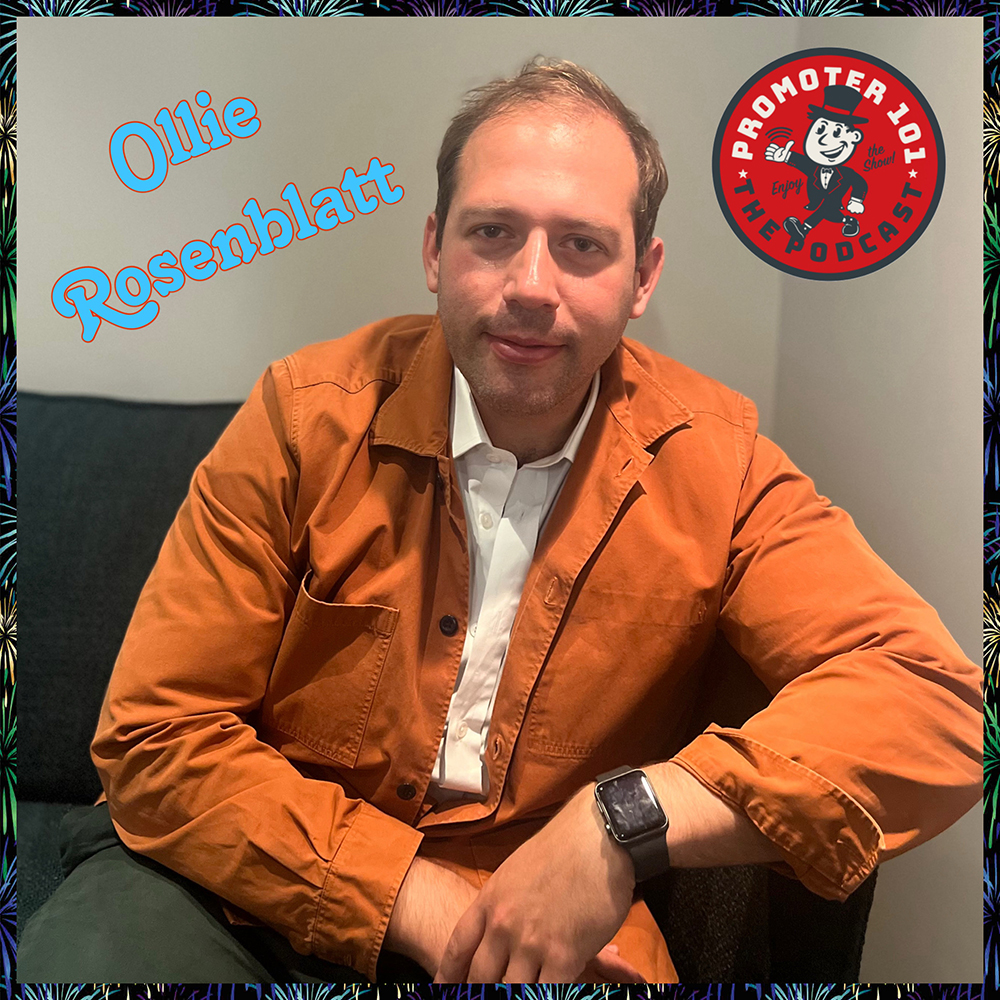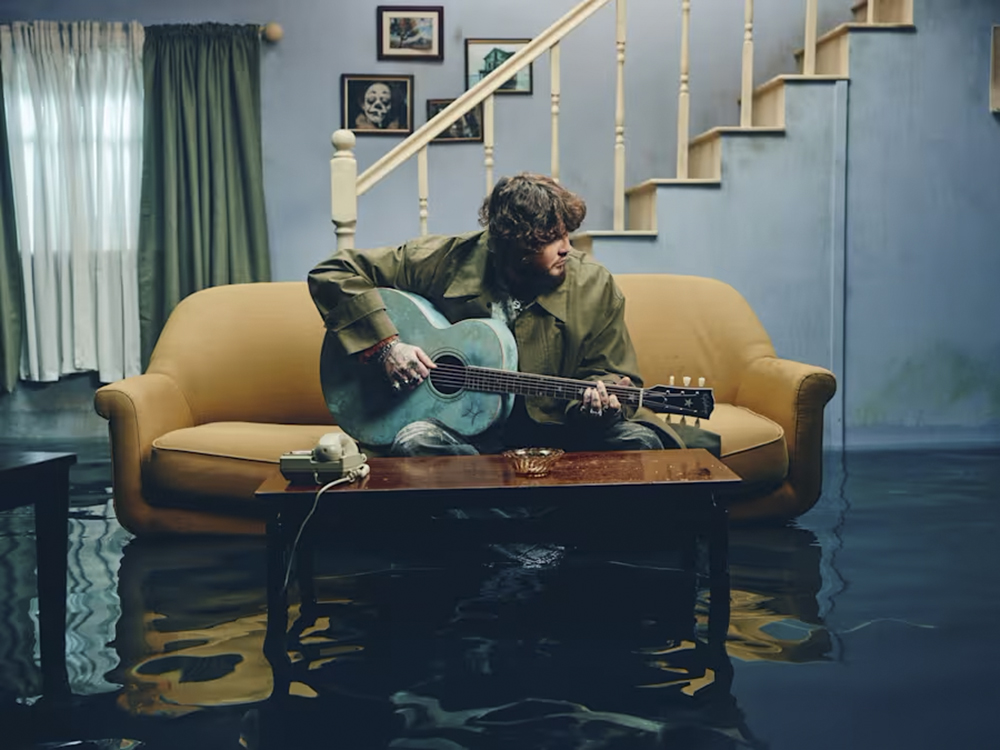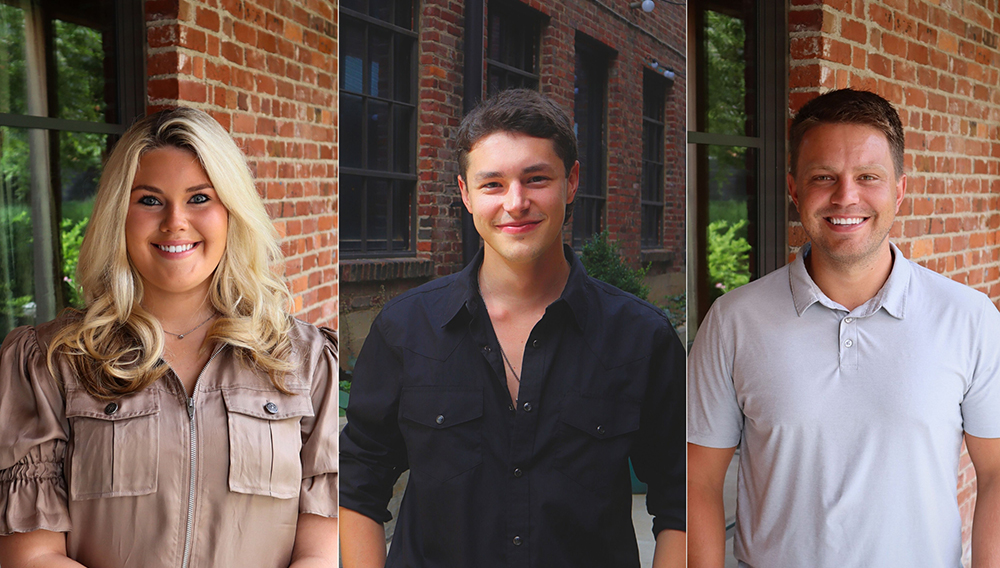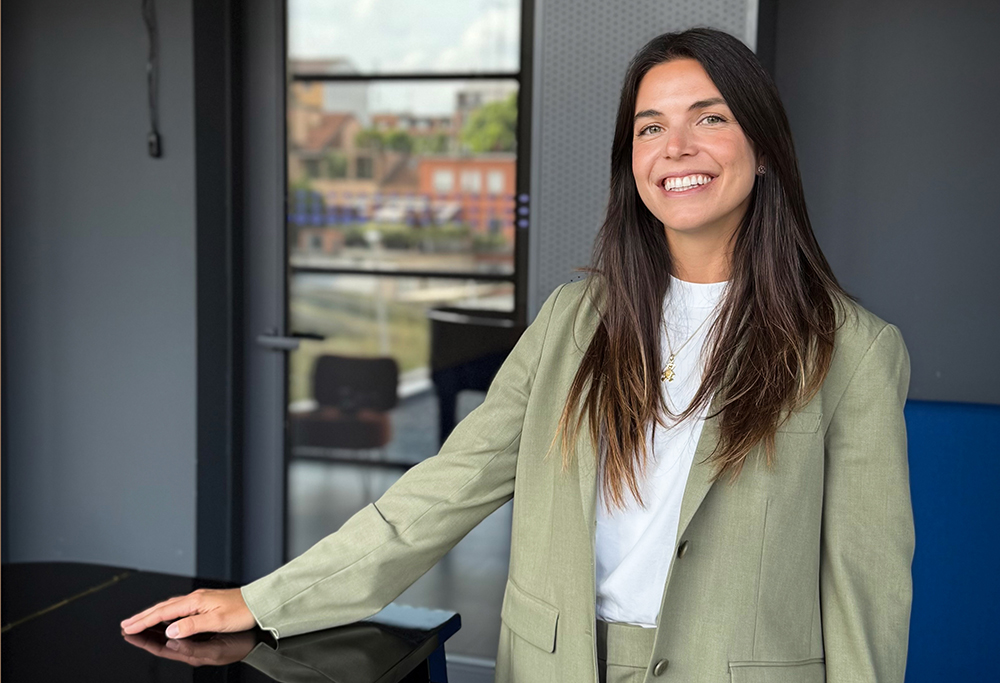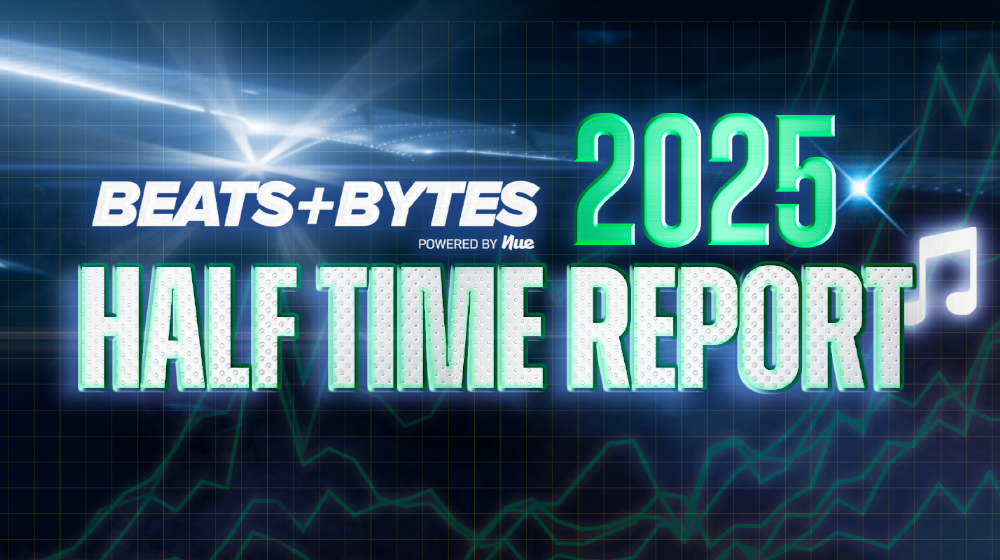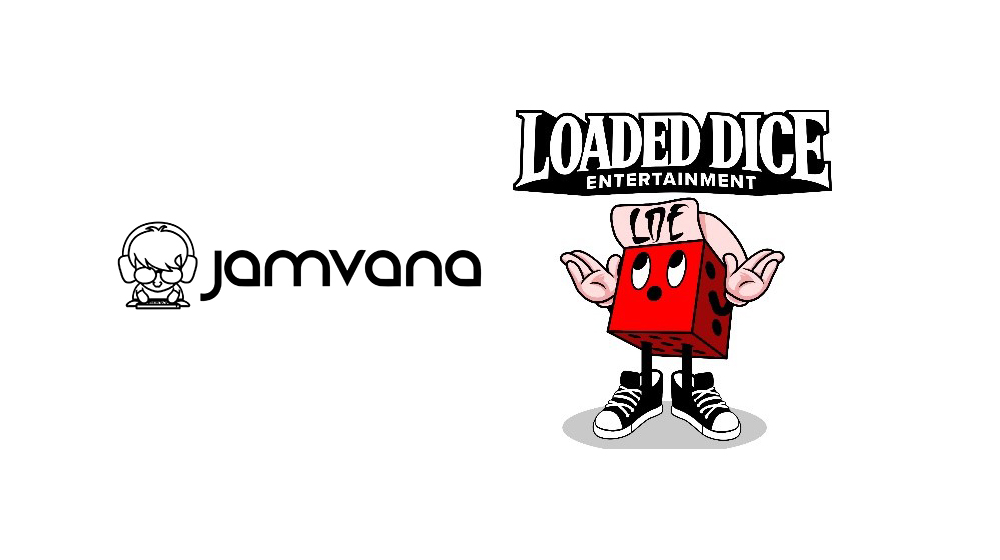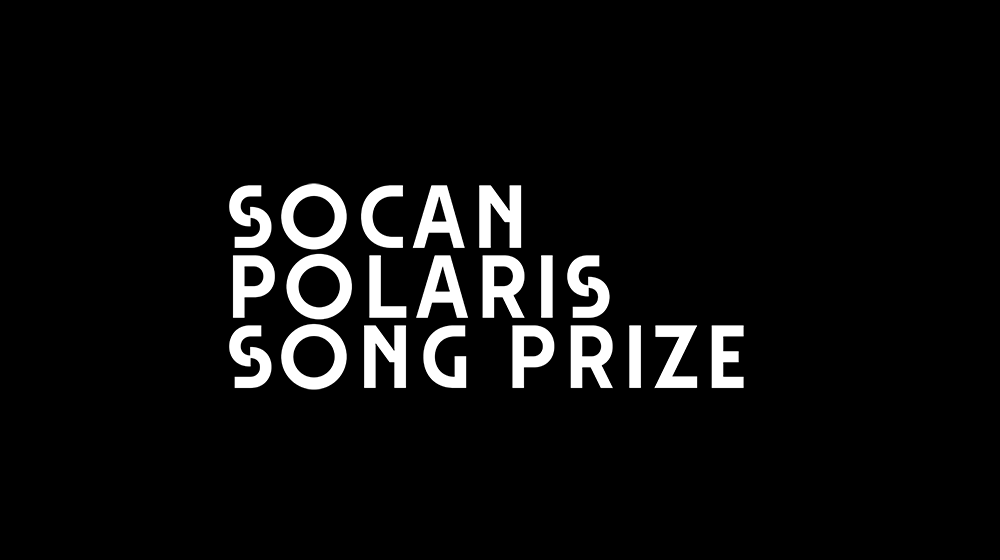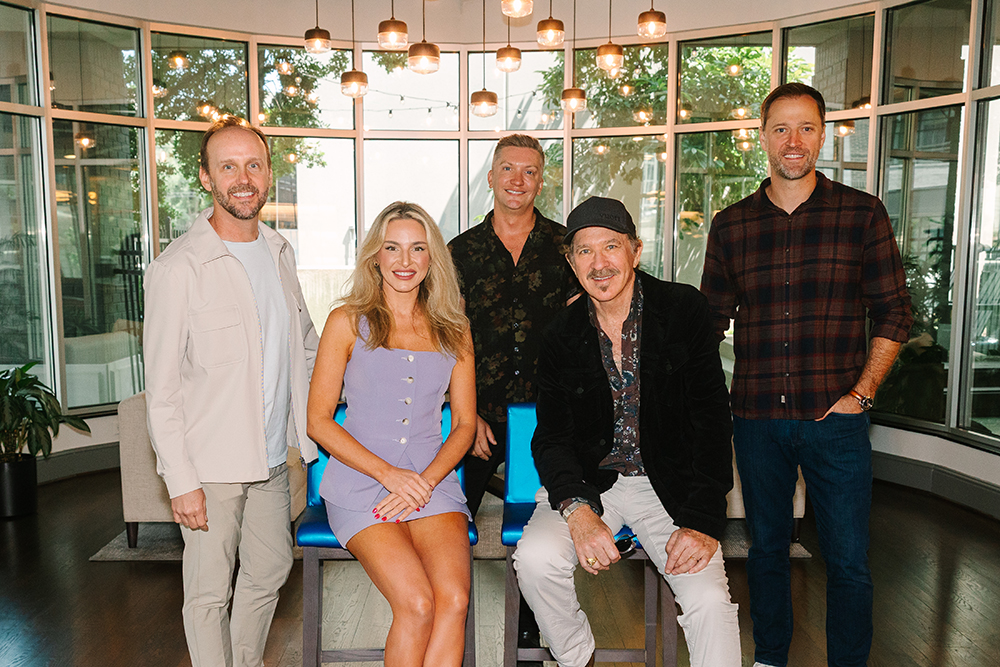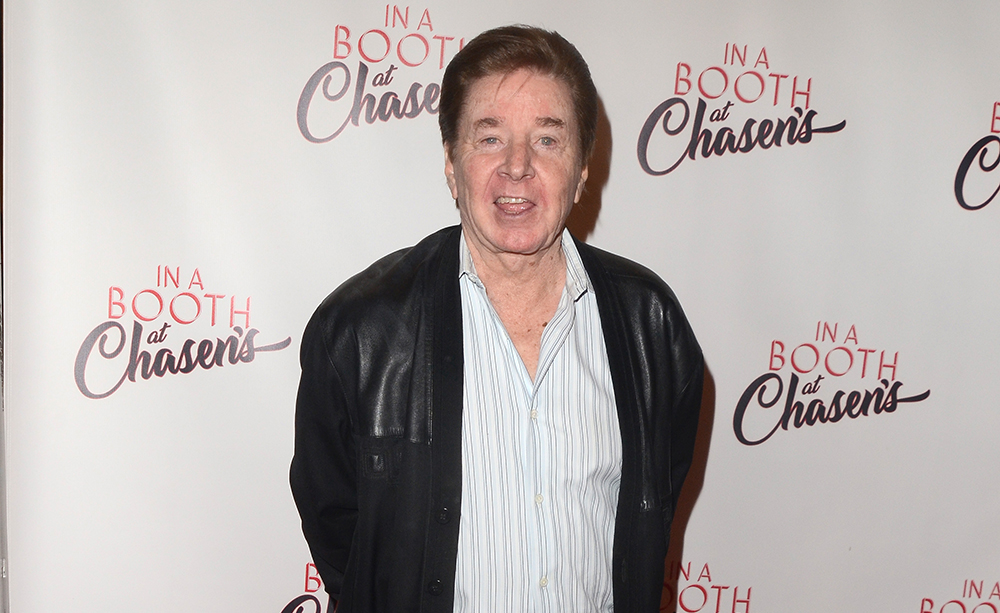
The first year I lived in Utah my favorite off-slope haunt was the library. It was there that I discovered the rest of J.D. Salinger’s works, reading all about Franny & Zooey, got my favorite albums on cassette and checked out Bob Greene’s book about being on tour with Alice Cooper, "Billion Dollar Baby".
Most rock books are biographies written by hacks. Whereas a much more interesting perspective is that of the fan, just like you and me. What would it be like to be a fan, injected into the mayhem. That’s the perspective Mr. Greene’s book took. He even ended up singing in concert or on "Muscle Of Love", I can’t remember which, it was a long time ago, 1975.
In the intervening years, Alice Cooper gave up alcohol and became addicted to golf, and Bob Greene became a famous author. Appearing on TV, even hooked up with Oprah somehow. Then there was a scandal. I could look it up on the Internet, but I don’t want to be reminded right now, because I’m enjoying his latest opus, "When We Get To Surf City", so much.
On the plane to Hong Kong I read Don Felder’s "Heaven and Hell". You can hear Irving saying those things, Glenn Frey looks like an asshole, but I was stunned by the minor inaccuracies, the misspellings of famous names, the wrong dates, the spin on Mr. Felder’s upbringing… If he was so damn poor, how did his family afford cross-country car trips? Still, I recommend it if you’re an Eagles fan. You’ll scratch your head, wondering… How big a factor was Felder? He did write "Hotel California", he recounts the riffs he wrote on that album and "The Long Run", did he add a necessary edge? Then again, Henley did great solo stuff without him. And now that we’re all gray at the temples, does any of it matter?
 That’s one of the great points in the book, Greene’s book, "When We Get To Surf City". He does an interview with Brian Williams at Yankee Stadium. He’s just not impressed enough with the venue. He analogizes it to a groupie finally fucking Mick Jagger. Nothing lives up to the legend. Except the music. We keep the music on an altar, which we genuflect towards whenever those sounds surround us.
That’s one of the great points in the book, Greene’s book, "When We Get To Surf City". He does an interview with Brian Williams at Yankee Stadium. He’s just not impressed enough with the venue. He analogizes it to a groupie finally fucking Mick Jagger. Nothing lives up to the legend. Except the music. We keep the music on an altar, which we genuflect towards whenever those sounds surround us.
I don’t remember the first time I heard "The Little Old Lady From Pasadena", but I vividly recall it coming out of a giant transistor hanging inside the pavilion at Jennings Beach in Fairfield, Connecticut. I was eleven. I’d gone up with my money to buy french fries. And when they were finally delivered, I walked out of the shade into what my mother referred to as "the pit"…where the teenagers camped out. Families were to either side. Teens owned the middle. Densely populating the beach, in this pre-MySpace age, this pre-free love age, the thrill was to get up close and personal… Actually, the thrill is still getting up close and personal.
I wasn’t quite a teen. But with Jan & Dean’s music repeating in my mind, I’d left my childhood behind. This music, it paved the way to my adolescence.
At this late date, Jan & Dean have been eclipsed in memory by the Beach Boys. But Jan & Dean were first. And as opposed to being reclusive geniuses, Jan & Dean lived the life. They wore those striped shirts to the beach. They drove Corvettes. They had a swingin’ honey on each arm.
 Yes, the most famous Jan & Dean cut is "Surf City". But it wasn’t their only hit, and certainly not their only great track.
Yes, the most famous Jan & Dean cut is "Surf City". But it wasn’t their only hit, and certainly not their only great track.
Not only was there "Honolulu Lulu", but "The Anaheim, Azusa, Cucamonga Sewing Circle, Book Review & Timing Association". That was the flip side of the "Little Old Lady From Pasadena". I know every lick. Because I needed more. I flipped over that 45, and unlike most singles, the b-side was actually good, great.
My first Jan & Dean album, purchased long before I owned a Beach Boys LP, played so much until the grooves turned gray, was "Command Performance". A live album that made one instantly want to move to California. It started out with "Surf City" and ended with "Louie, Louie". In between were the act’s classics and a Beatle cover…all the hits of the day. "Command Performance" was a snapshot of, the absolute zeitgeist of, youth culture. Listening made you feel connected.
Jan & Dean hosted the "T.A.M.I. Show". They rode the sidewalk surfing, nee, skateboarding, craze, they were kings until…Jan Berry crashed his Corvette into a parked truck.
It didn’t happen on Dead Man’s Curve. That’s up by UCLA, where Jan was attending medical school, and Jan lived through, but just barely, he was never the same. Eventually, there was a TV movie. And a comeback show at the Starwood and then…every summer the band hit the road?
 What?
What?
I figured it was Jan & Dean in name only. Jan couldn’t be up to it.
But he was. He had to memorize the lyrics he’d written every day before the show. His face was almost twice its size, swollen by medication, but the audience didn’t care. The audience came to sing along. To not only remember its youth, but to create new memories, audiences weren’t solely made up of oldsters. I know this, because Bob Greene went on the road with the band for fifteen years.
He’d published a book of his high school diary. There was an entry about purchasing "New Girl In School", and a member of Jan & Dean’s band sent him a letter, told him to come check out a gig. Which he did.
Bob used miles to upgrade to first class. Dean and the rest of the band walked right by him into coach. That’s what the book is about, our misconceptions. We see these people as icons, but they’re just people. Except for those songs, those magical songs.
That’s what keeps the act together, despite the hardships of bad travel, worse food and too many fairs and private gigs, the singing. That moment of elation, when the harmonies blend together.
That’s what "When We Get To Surf City" is about. The transforming power of music. How it can bring you right back to the first time you heard it, how it can make you feel  sunny on a gray day, how it can be enough to make your life work.
sunny on a gray day, how it can be enough to make your life work.
The book isn’t perfect, it needs more dates, for structure. But as Bob Greene goes on tour with Jan & Dean every summer, eventually both singing and playing guitar, he never loses his wonderment, of belonging, of being on stage, getting the rush of playing for all those people.
Bob Greene is speaking your language.
If you want to excavate dirt, open another tome where a star is revealed, warts and all. It’s kind of like reading the celebrity blogs, that’s all there is, blemishes. Whereas Bob’s book is more than skin deep. It gets right into your heart and soul. It reminds you why you’re addicted in the first place.






































